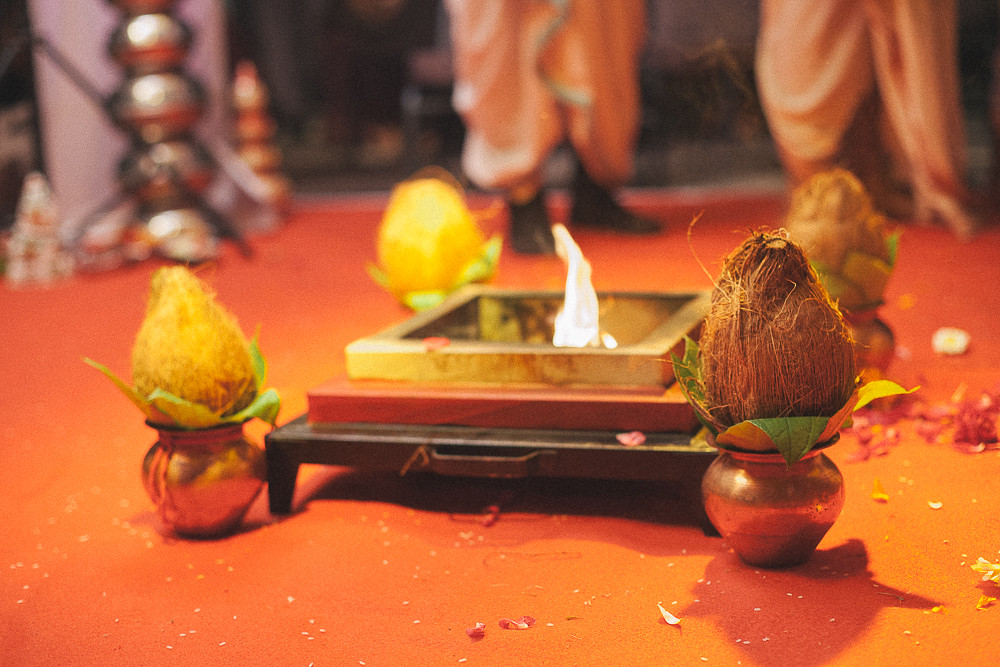Yagya is also referred to as Havan is one of great practices of Hindu Importance a sacred fire ritual or sacred fire ceremony.
What is Havan?
Havan also known as Homa is a deepest Praishcitta in Sanatan Dharma and its result is much more than cleaning; it defines purity, change and initiation of virtues. Through the fire; grains, fruits, honey, ghee, wood, and other medicinal herbs are thrown offered tot he gods. Altruistically, Havan has various benefits such as Purification of the air, health and wealth but it also balances the five elements of the universe- panchabhutas It also ushers people together as a nation to seek spirituality at a togetherness strength.

Importance of Havan
The offering of prayers by making oblations into the fire, popularly known as the Yagna or fire sacrifice became a uniquely distinguished part of early sruti rituals. The Vedic ritual, also known as the Yajna, entailed at least a libation of something that is comestible or potable like milk, ghee, curd, rice, barley, an animal or something of worth; which is offered to the gods through duly designated fire priests.

Havan is said to ionize the surrounding environment freeing into the air active medicaments that are beneficial to both the body and the mind according to the Ayurvedic beliefs. Heat reinforces the qualities of things and so the tasty morsels substantive to medicinal offerings.
Learnings and Inspiration from Yagya/Havan
ॐ अयन्त इध्म आत्मा जातवेदस्तेनेध्यस्व वर्धस्व चेद्ध वर्धय चस्मान् प्रजया पशुभिर्ब्रह्मवर्चसेनान्नाद्येन समेधय स्वाहा। इदमग्नये जातवेदसे इदं न मम।
(आश्वलायन गृह्यसूत्र 1/10/12)
Om ayanat idham atma jaatvedastenedhyasva vardhasva cheddha vardhaya chasmaan prajya pashubhirbrahmavarchasenannadyena samedhaya swaha. Idamagne jaatvedase idam na mam.

While there are spiritual and religious significance to the act of performing Havan, it also teaches us few important lessens in life.
- Heat and Brightness: This is the same way that the fire is hot and light to darken the bad thoughts and enlighten the good ones always fighting the evil deeds and promoting good.
- Transformative Nature: Fire is enigmatic in its abstract nature, indicating conversion in the next people of virtues, knowledge, and cooperation.
- Persistence: The presence of fire means that the substance or material that is burning will continue to be hot as long as it is on fire. Similarly, it is necessary to maintain spiritual strength in life and stay strong and resilient regardless of age.
- Mortality: The beauty of this myth is that human bodies are temporary and certain to turn into ashes at some point. It is due to this that the knowledge leads us be partakers of good deeds.
- Self-improvement: Fire first becomes capable of burning before being a means of setting other things on fire. Instead of merely expecting a change in the behavior of others, we should foster the positive characteristics that we would want from those people.
- Purity: You can pick up fire and it has the ability to continue to burn and clean things, it does not get dirty in the process. One of the main points which should be taken from the lesson is that we still should not let the negativity of other people affect us and stay moral.
- Spreading Light: As fire provides light, let us eliminate darkness by extending knowledge while eradicating ignorance.
- Aspiration: The flame always goes up and forms and this has a traditional meaning of toward the heavens, thus our goals and actions should be directed toward some purpose.
- Generosity: The chemist says that fire transmigrates the things which it consumes and transmits new characteristics. As it is with riding a vehicle, so it is with the usage of our resources: these should be given for the welfare of all.
- Vocal Against Injustice: Things appear insubstantial to snaps fire, when it is intervened. Likewise, judgment should not be passed unless it is for justice along with not raising the voice.
To summarize, Yagya, a purification ritual in Hinduism involves offering substances like ghee and herbs into a sacred fire and has significant religious and practical importance like promoting health by purifying the environment and symbolizing spiritual concepts like purity, transformation, and self-improvement. Through Havan, devotees seek blessings, aim to spread virtues, and strive to live a life of integrity and service. The ritual also teaches important values such as persistence, generosity, and standing up against injustice.







